In the ongoing case concerning former President Donald Trump’s handling of classified documents. A federal judge instructed Trump’s attorneys to remove identifying information about witnesses from a publicly filed court document.
This move is a departure from an earlier decision that allowed such details to be unredacted, introducing pseudonyms like “Trump employee 1” to maintain anonymity.
Protective Measures for Witnesses
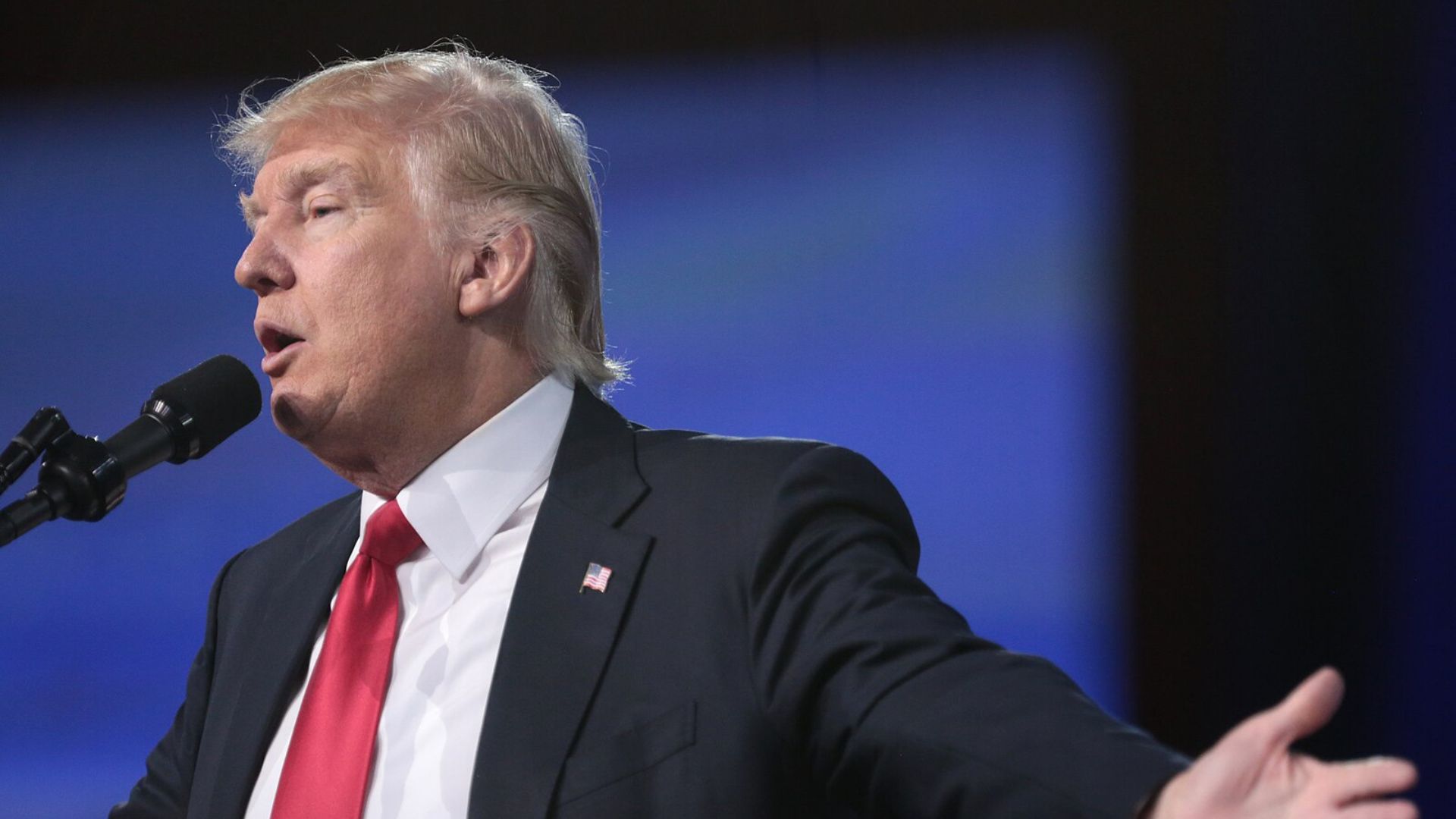
The heart of this latest decision is to protect the identities of about two dozen individuals potentially exposed to harassment, The Guardian reports.
By switching to pseudonyms for those in Trump’s inner circle and related parties, the judge aims to safeguard their privacy and safety, acknowledging the potential risks they face in this high-profile case.
Judge Cannon’s Firm Stance
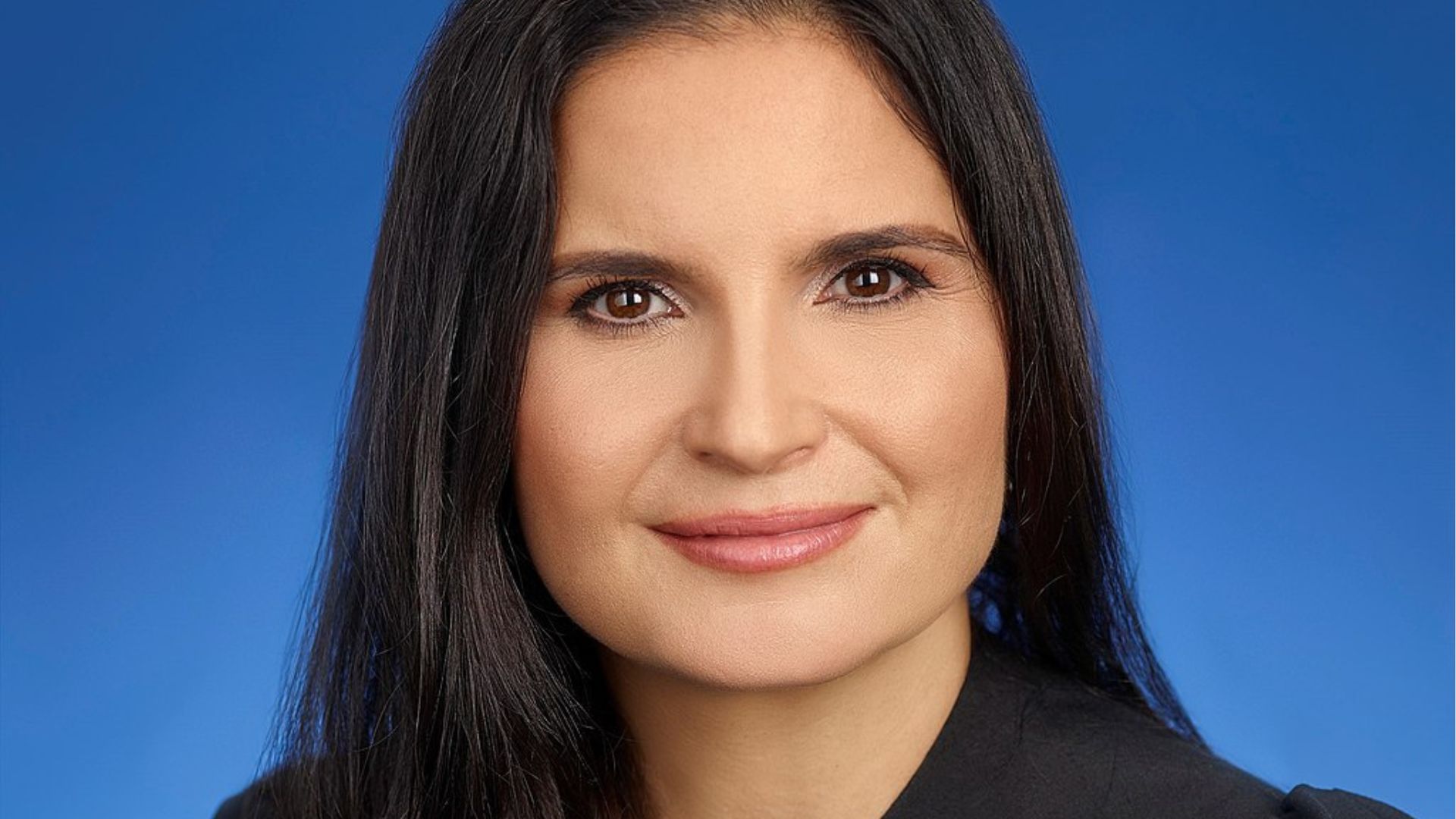
The New York Times reports that US District Judge Aileen Cannon not only responded to Special Counsel Jack Smith’s request for witness anonymity but also seized the opportunity to critique the prosecutors for seeking a revision of the redaction policy.
In her decision, Judge Cannon established new guidelines, including the allowance for the publication of certain testimony, diverging from what the prosecutors had anticipated.
Influence on Public Disclosure and Witness Testimonies
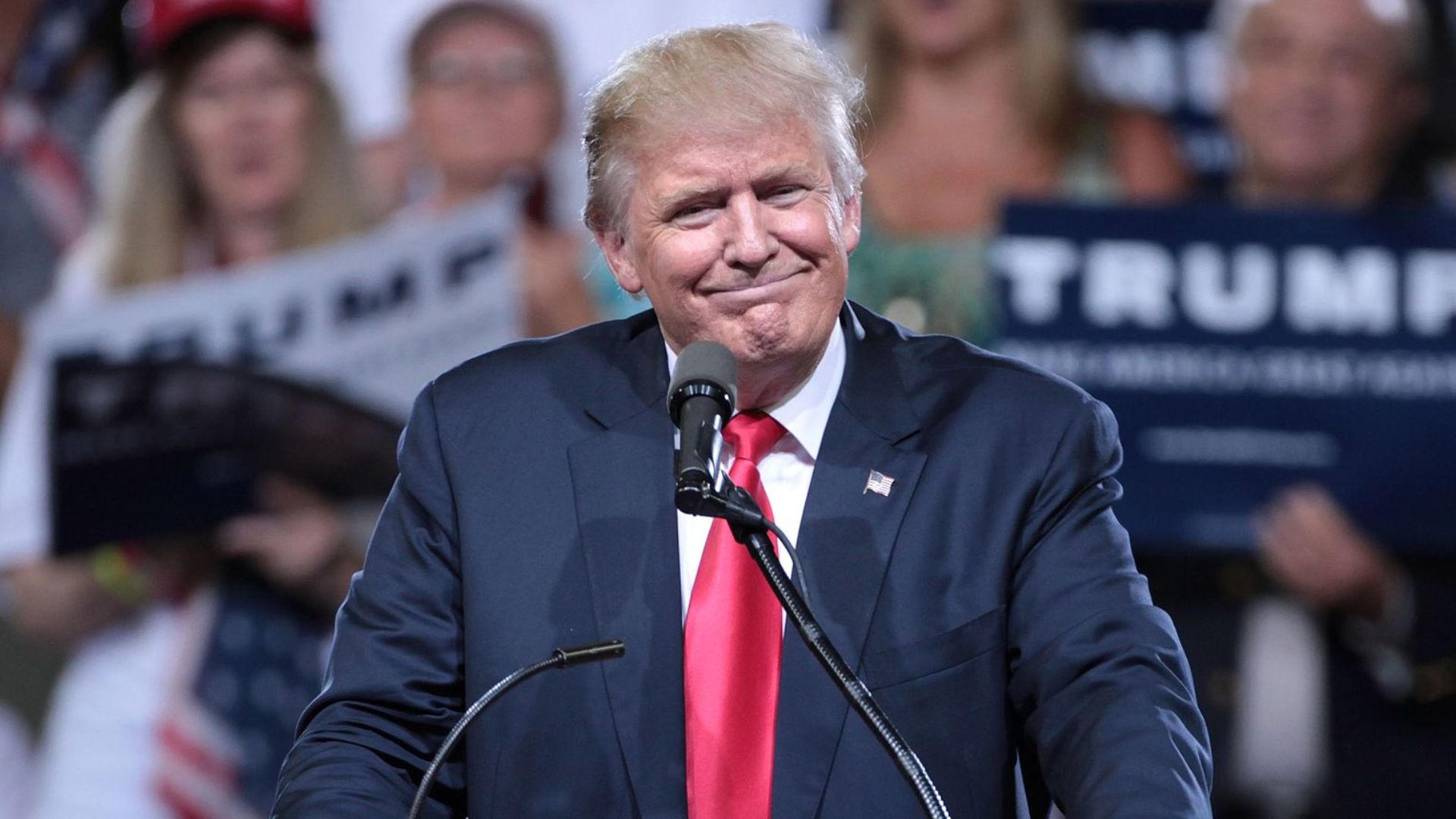
Judge Cannon’s detailed 24-page order allows for the inclusion of witness statements and significant testimonies in Trump’s public filings without revealing the identities of potential witnesses.
This approach aims to strike a balance between transparency and the confidentiality of the individuals involved, potentially impacting the preparation and perception of witness testimonies as the trial approaches.
Concerns Regarding Jury and Witness Influence
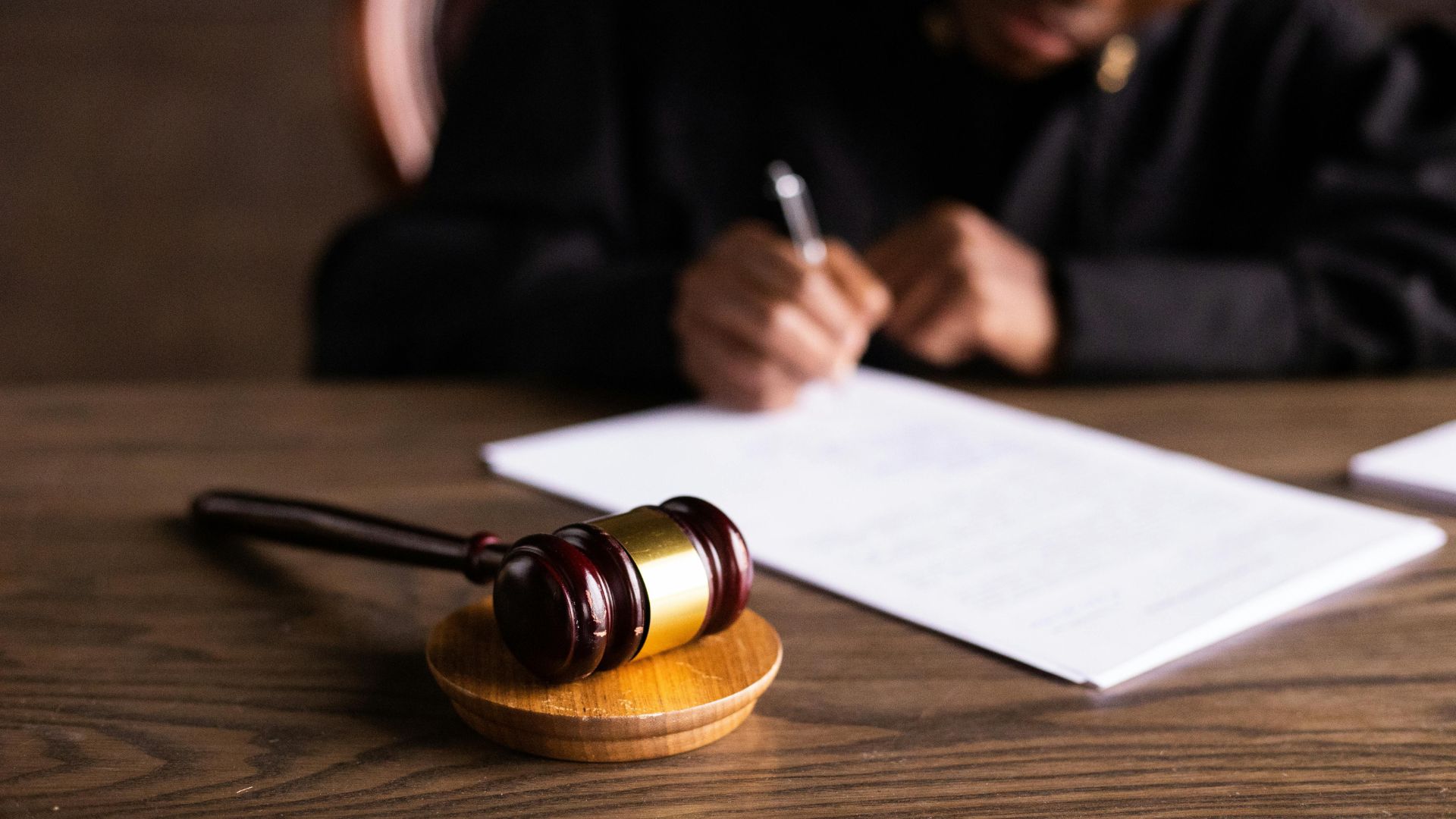
The judge’s decision to permit the public disclosure of certain witness statements, while keeping them exempt from discovery, raises concerns about its potential effect on the testimony of other witnesses and the fairness of future jurors.
There is apprehension that such disclosures could unintentionally bias the proceedings.
Demand for Additional Discovery Materials
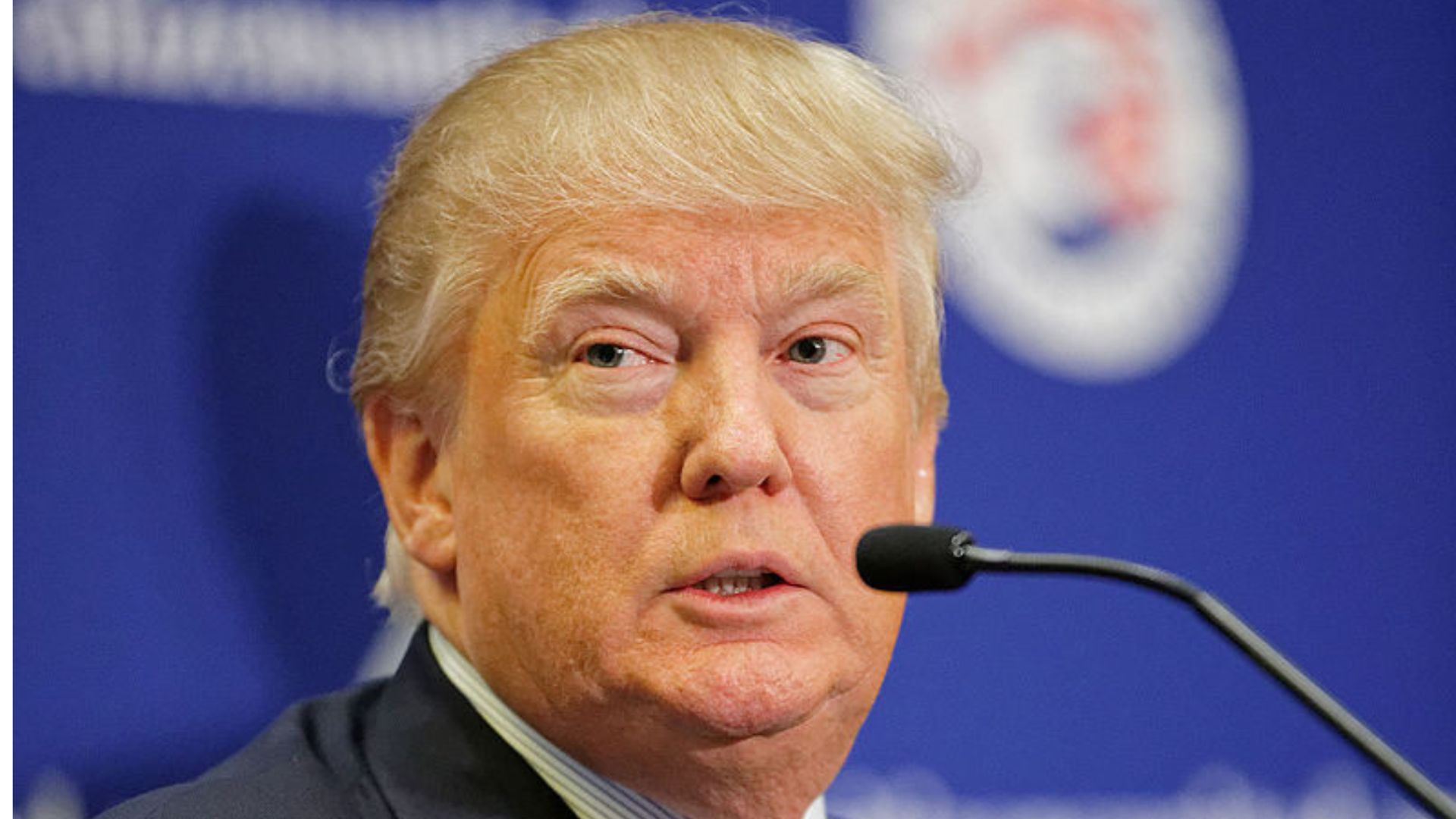
The backdrop to this latest development is Trump’s legal team’s demand in January for additional discovery materials from the prosecution.
Their request led to a motion accompanied by 70 exhibits, many of which were sealed and redacted.
Debate Over the Unsealing of Documents
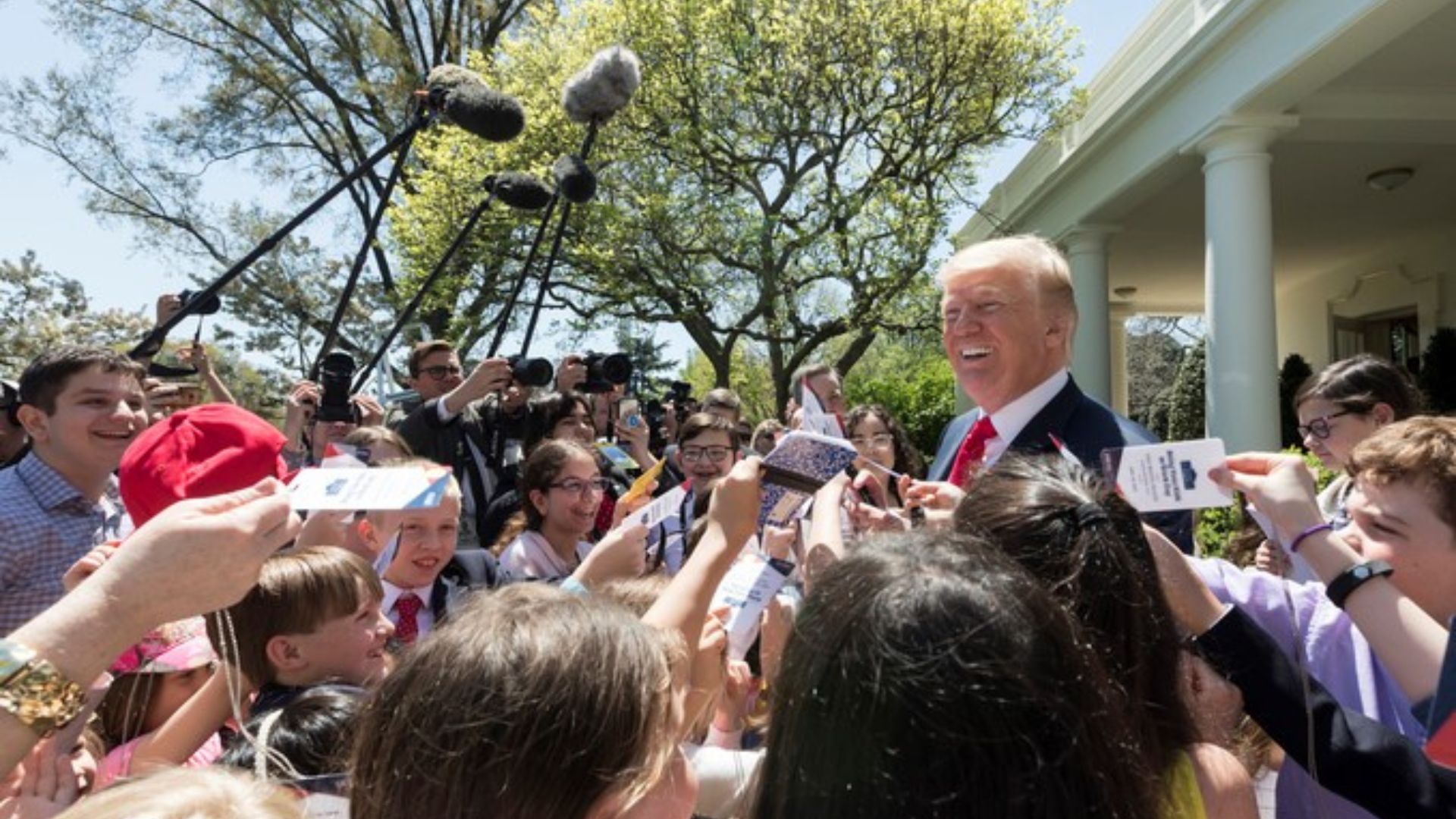
Trump’s push to unseal his exhibits, which he claims contain publicly known names, faced opposition from prosecutors.
They argued that revealing such information could jeopardize witness identities, compromise sensitive intelligence, and impact ongoing FBI investigations.
Judge Cannon’s Balanced Ruling
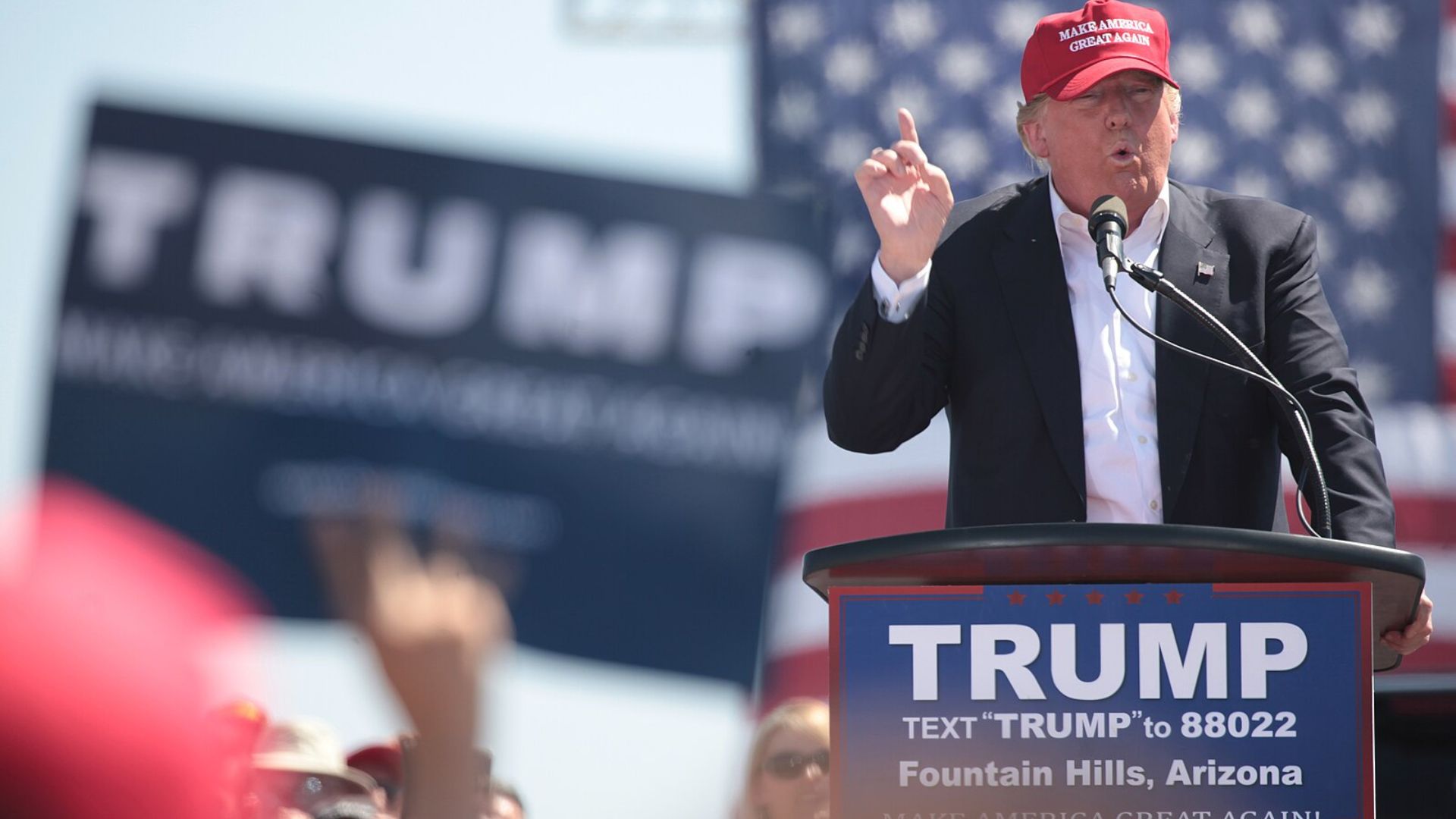
In her decision, Judge Cannon chose to keep personal and sensitive information sealed, allowing other details to be disclosed.
Cannon also criticized Smith in her order, noting that his arguments and evidence should have been raised earlier. She said, “Although the record is clear that the Special Counsel could have, and should have, raised its current arguments previously, the Court elects, upon a full review of those newly raised arguments, to reconsider its prior Order.”
Prosecutors Express Concerns and Consider Appeal
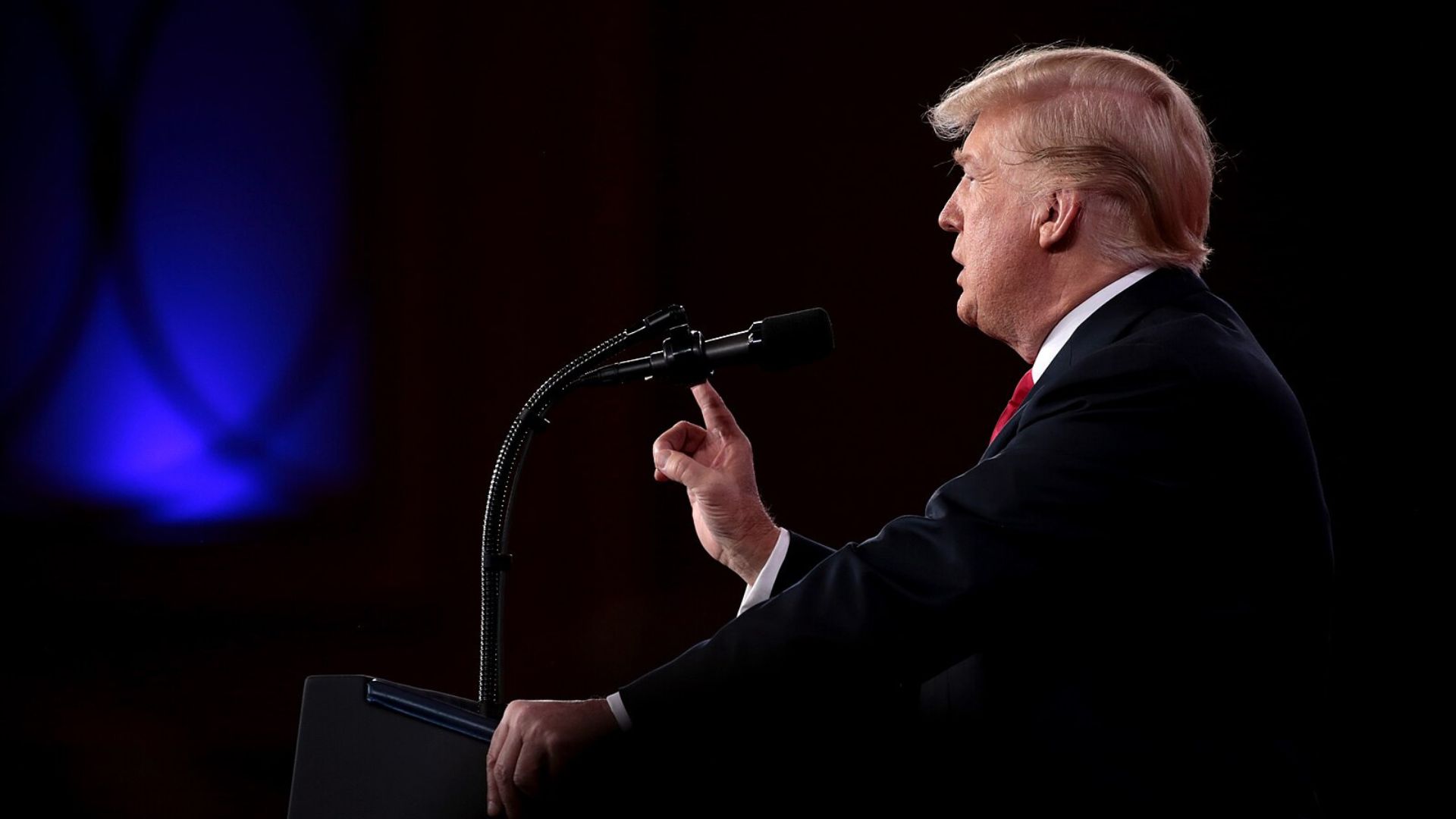
The prosecution’s challenge to Judge Cannon’s order reflects their concern over the necessity and implications of identifying trial witnesses and investigators in Trump’s filings.
Their frustration hints at a potential appeal to the US Court of Appeals for the 11th Circuit, The Guardian reports.
Trump and Co-defendants Enter Not Guilty Pleas
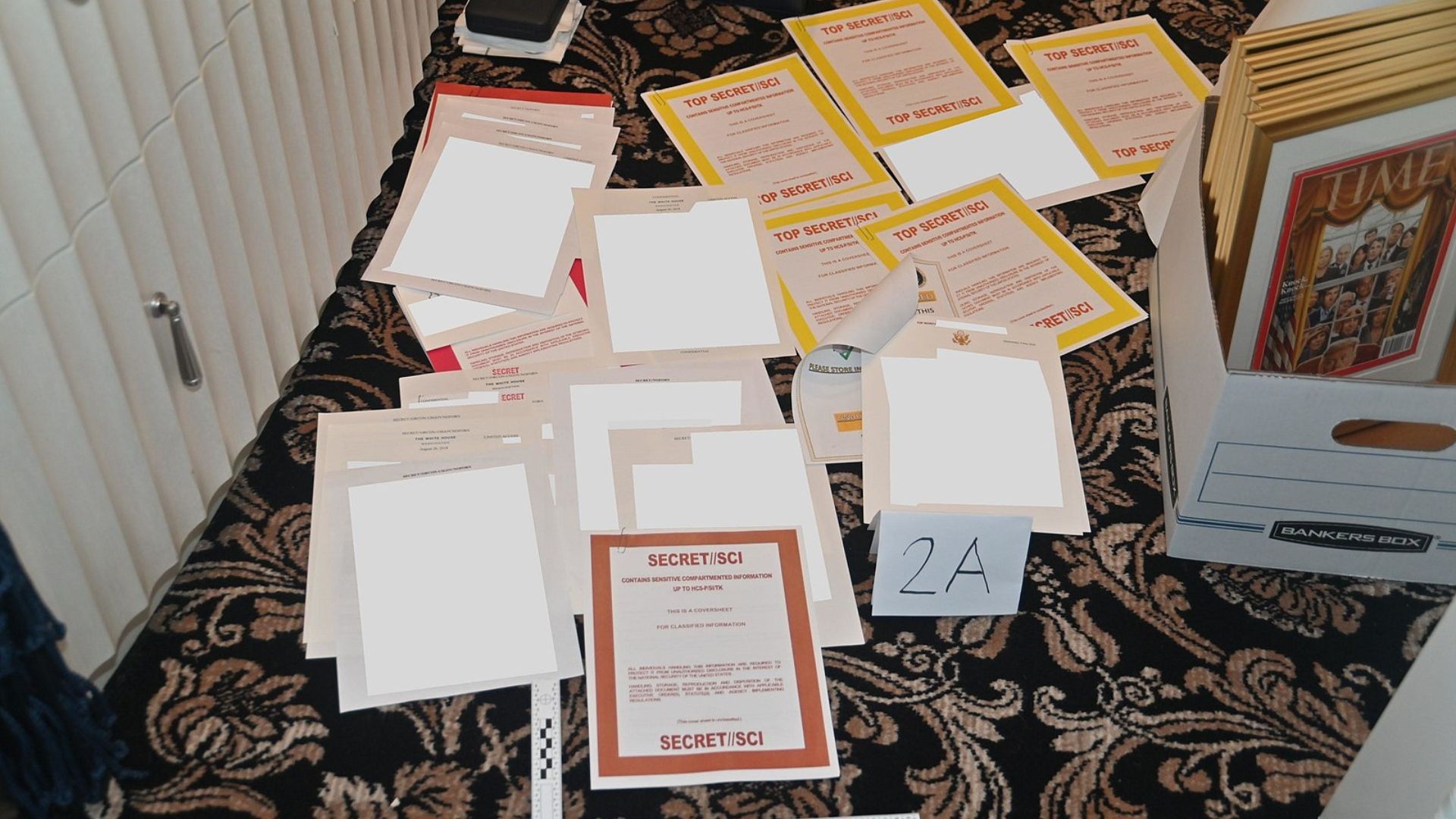
Trump, along with two co-defendants, firmly stated their not guilty pleas in response to charges of obstruction.
In addition, the former president has also declared himself not guilty of accusations related to the improper handling of classified and sensitive government documents. These legal proceedings are unfolding in Fort Pierce, Florida, where Judge Cannon’s courtroom is at the center of these high-profile cases.
Overview of Trump’s Legal Battles
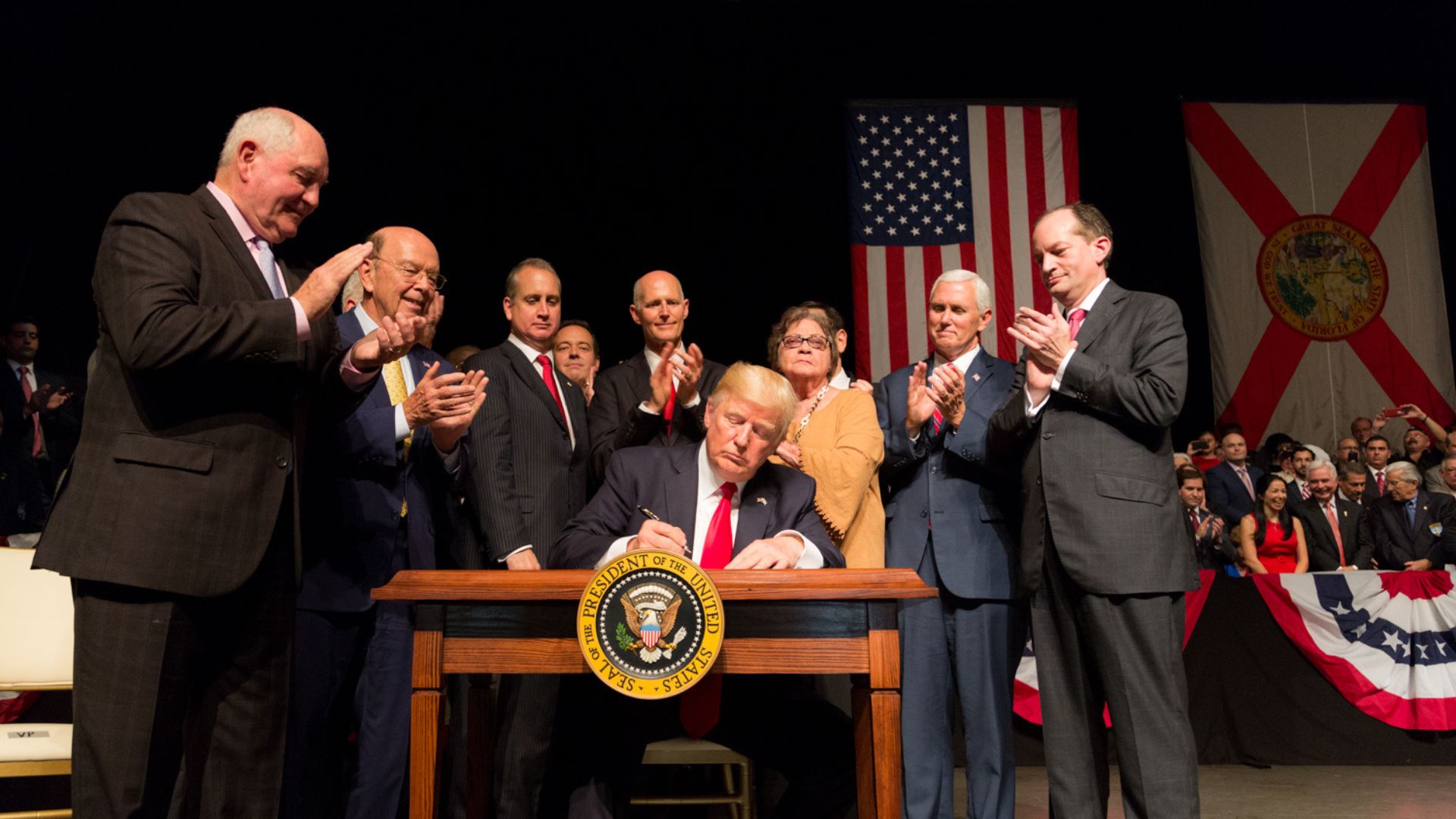
This case is one of four criminal indictments Trump is currently facing.
Trump has consistently maintained his innocence, pleading not guilty to all charges.
Judicial Responses to Trump’s Public Statements
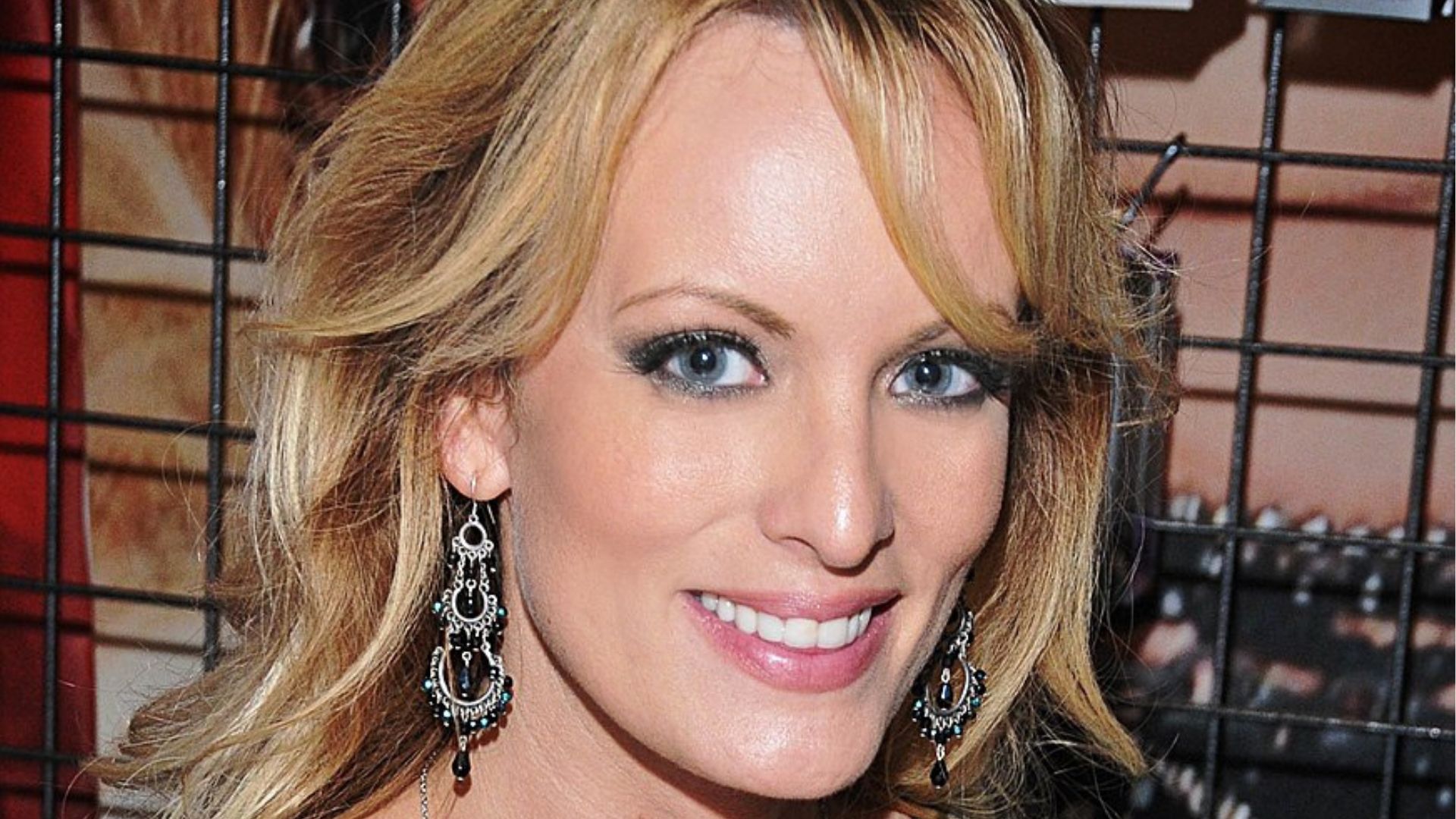
Given Trump’s history of publicly criticizing judges, prosecutors, and certain witnesses involved in the criminal cases against him, courts have taken preventive measures to safeguard the integrity of the legal process.
Specifically, in the federal case charging Trump with efforts to overturn the 2020 election results and the New York state case accusing him of hiding payments to an adult film star, judges have implemented gag orders. These orders stop Trump from saying things outside of court that could potentially influence the proceedings or public perception.
